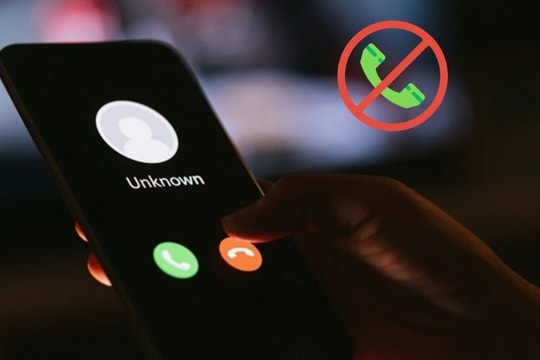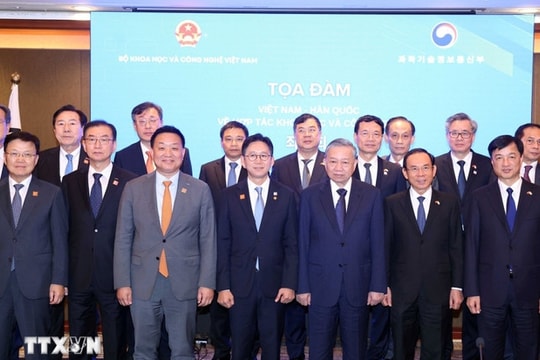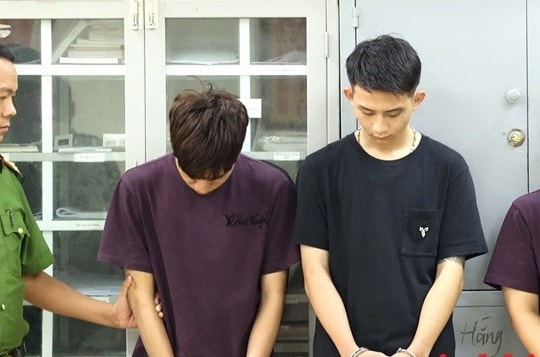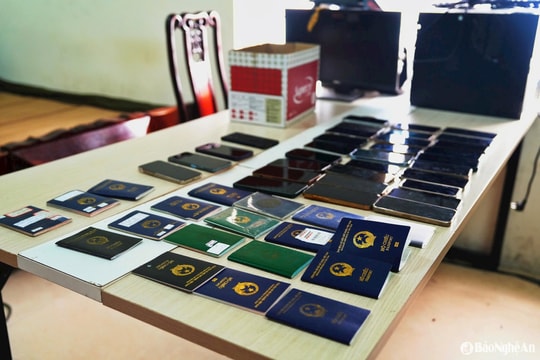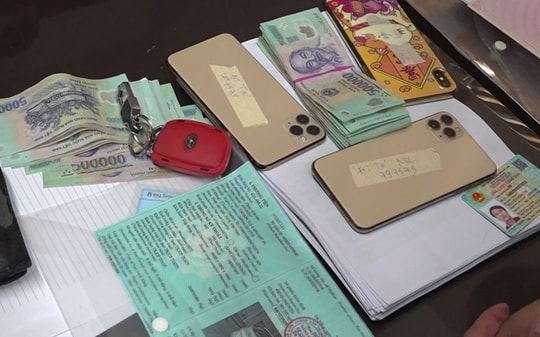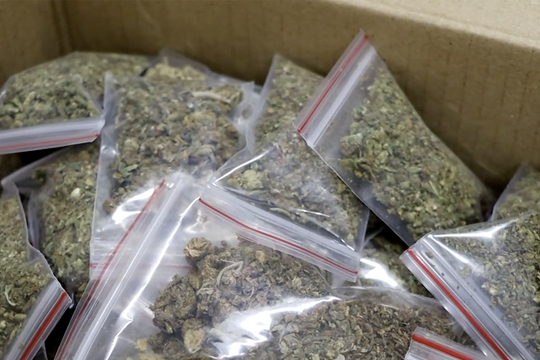Minister Nguyen Manh Hung: The rate of negative information on cyberspace in Vietnam is under 10%.
(Baonghean.vn) - In the past, there were times on the internet where the rate of negative information was over 30%. Now, we see, impact, and adjust so basically, negative information is under 10%.
The above information was given by Minister of Information and Communications Nguyen Manh Hung when answering at the question and answer session organized by the National Assembly Standing Committee on the morning of August 15 regarding the implementation of resolutions and conclusions of the National Assembly Standing Committee on thematic supervision and questioning from the beginning of the term to the end of 2018.
 |
| Comrade Nguyen Thi Kim Ngan - Politburo member, Chairwoman of the National Assembly chaired the discussion session. Also attending at the Hanoi bridge were Comrade Vuong Dinh Hue - Politburo member, Deputy Prime Minister and leaders of ministries and branches. Photo: VGP/Nhat Bac |
Responding to delegate Dinh Duy Vuot (Gia Lai) about information management on social networks, Minister of Information and Communications Nguyen Manh Hung emphasized that to manage, the first thing is to see. Therefore, the Ministry of Information and Communications has invested in building and putting into operation the National Cyber Security Monitoring Center.
This center has two functions: Monitoring cyber attacks on Vietnam and monitoring information in cyberspace: electronic newspapers and social networks.
The center is capable of processing about 100 million messages per day, through which it can classify and evaluate the ratio of positive and negative information. Previously, there were times in cyberspace when the ratio of negative information was over 30%. "Now, we see, we have adjusted so basically negative information is below 10%", said the Minister.
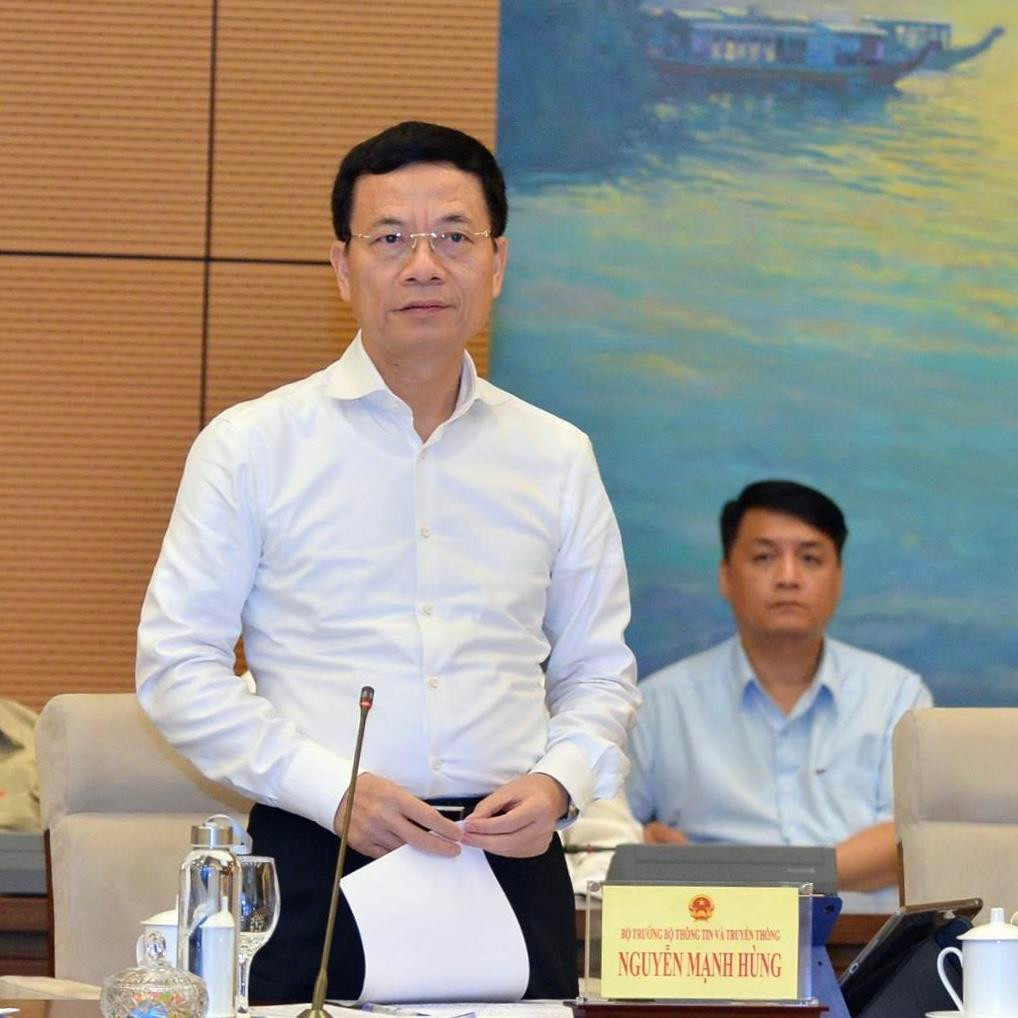 |
| Minister Nguyen Manh Hung answers questions. Photo: VGP/Nhat Bac |
Regarding the fight against foreign social networks, while they do not have representative offices in Vietnam, do not pay taxes, and do not enforce the law, in the past year, the Ministry of Information and Communications has been very active.
For Facebook, before the State made a request, they only implemented about 30%, now the rate of implementing the request is from 70 - 75%; and for Youtube before it was about 60%, now it is 80-85%...
Explaining the reason for raising the issue of building Vietnamese social networks, Minister Nguyen Manh Hung said that if Vietnam did not have its own social network, everything we say, think, read, and even buy and sell would be stored abroad.
Now, the information foreign social networks collect is used for advertising, but in special cases, they use it for other purposes and can be dangerous to security.
Vietnam aims to build domestic social networks with the same number of users as foreign social networks.
 |
| The question and answer session was held online at 63 locations nationwide. At the Nghe An location, comrade Nguyen Thanh Hien - Member of the Provincial Party Committee, Deputy Head of the Provincial National Assembly Delegation chaired the meeting. Also attending were comrades: Cao Thi Hien - Member of the Provincial Party Committee Standing Committee, Vice Chairman of the Provincial People's Council; Tran Van Mao - Deputy Head of the Provincial National Assembly Delegation and delegates. Photo: Thanh Duy |
Currently, Vietnamese social networks have 65 million users, growing about 30% in the past year. Foreign social networks combined have about 90 million users.
If this growth rate is maintained, by 2020, or at the latest by 2021, the ratio of Vietnamese and foreign social network users will be 50-50. According to the Minister, there are currently many opportunities for Vietnamese technology companies to develop social networks.
Regarding the management of junk SIM cards, the Minister assessed that this is a big story for many years. Over the past year, SIM cards with insufficient information have been basically eliminated, however, a large number of junk SIM cards are currently on sales channels. From now until September, the Ministry of Information and Communications will focus on solving junk SIM cards by having network operators buy them back.
The new solution to handle junk SIM cards is to assign responsibility directly to the general directors of telecommunications companies, including a requirement that, according to the Minister, has a very strong impact on network operators: if junk SIM cards still exist, that network operator will not be allowed to license new services.

